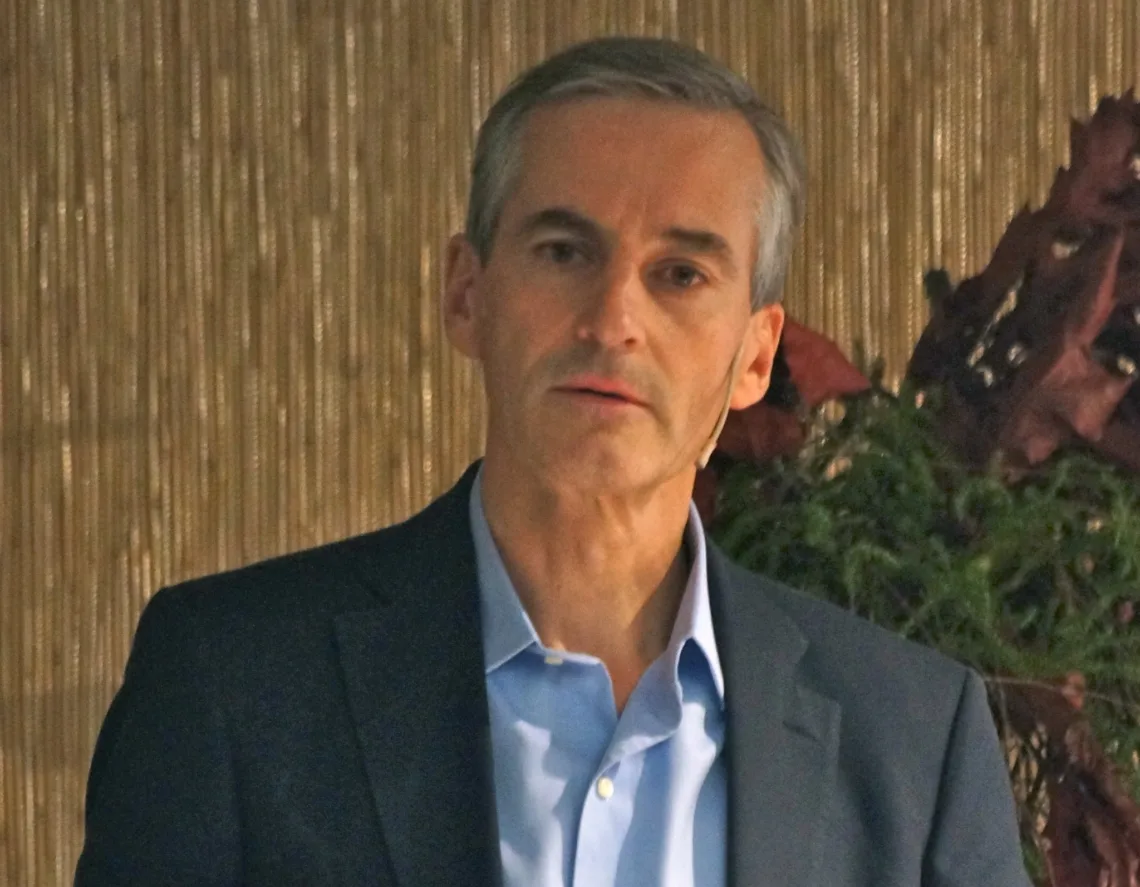A number of Ap counties are pushing for the Labour Party’s national meeting to decide to increase child benefit and the lowest social rates.
Party leader and Prime Minister Jonas Gahr Støre warns, however, that some will be disappointed.
There will always be a balance between cash payments and good services. It will be a question of where we prioritise resources, but also a political question of what good and accessible services mean, says Støre to Vårt Land.
Increased prices for food, electricity and mortgages, criticism of the line of work and the principle that it should always pay to work are the backdrop for the demands.
But the prime minister pours cold water on the fire.
In the times we are in now, with scarcer resources and less financial leeway, it becomes a question of priorities, says Jonas Gahr Støre about child benefit.
Labour has instead prioritised cheaper daycare and after-school care, because reaching more children with such services is important for “social participation and language training”, believes Støre.
I don’t want to be without that investment. It is important for integration in a diverse city, he says of Drammen, which saw a dramatic increase in the use of after-school care after services became free.
At the same time, the Labour leader emphasises that cash benefits such as disability benefits “should be able to take care of people who cannot work”.
Those who clearly cannot work must be safe, says Støre.
For Støre, the line of work is fundamentally about people having the opportunity to live on their own wages and support themselves and their family.
It has to do with dignity. For some it is an easy choice, for others it requires the community to make arrangements. They may need more expertise or the opportunity to work somewhat less than 100 per cent, says Støre.
The point of the concept of the working line was that it should be possible and attractive to work for everyone who can, concludes the Labour leader.

